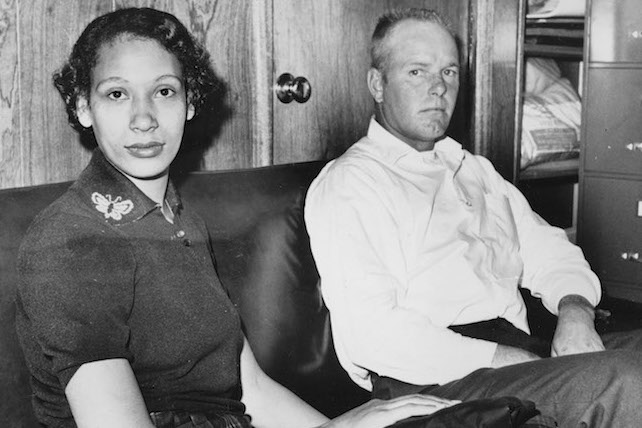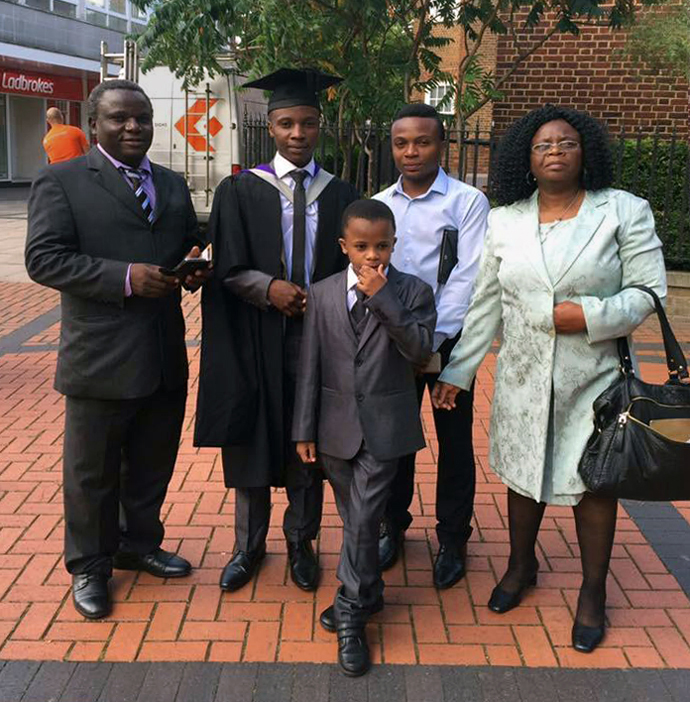The Bible tell us that King David was a a godly person; he was a man after God’s own heart.
So what set him apart as a godly person? David was a regenerated man, a man with a new heart, a man with a different spirit than other men of the world. We read of his godliness throughout the Old Testament books of first and second Samuel, as well as in the Psalms.
I want you to notice three truths that made David such an outstanding servant of the Lord, what distinguished him from all the rest. Let’s measure ourselves against these and remember that these are the gifts that Christ holds in His hands, and He offers them to us.
A Godly Person Has a New Heart
The Lord has sought out a man after his own heart (1 Samuel 13:14).
Where did David get this heart? Certainly he was not born with it! David was born with the same heart as all his brothers: “I was brought forth in iniquity, and in sin did my mother conceive me” (Psalm 51:5). David was saying, “I was born with a sinful heart.”
So how did he get a heart after God? There’s only one possible answer: God gave it to him! That is why God says, “I have provided for myself a king” (1 Samuel 16:1). God provided the new heart that He was seeking.
This new heart that God gave to David is central to God’s new covenant promise in Jesus Christ: “I will give you a new heart, and a new spirit I will put within you” (Ezekiel 36:26). A heart after God is what Christ seeks, and it is also what Christ provides. God looked for this new heart, and He found it because He gave it!
God gave David a new heart early in life. He can begin a work of grace early in your life. Here’s what it looks like: You used to giggle and fidget in church, but now you find that you want to listen. You don’t understand everything, but you want to learn more. What is happening?
God is doing this! He is giving you a new heart for worshiping Him. He is regenerating you. And, He is putting a new spirit in you.
When God gives you a new heart, you will still sin and fail in many ways. But the trajectory of your life is different. The desire of your heart has changed, because you are coming to love Christ. You want to please Him. It hurts you when you grieve the Spirit, and that leads you to repentance.
You can come to Him today and say, “God, take away this heart of stone and give me a heart of flesh. Give me a new heart, according to your promise in Jesus Christ. Move me to live a new life, according to your laws.” Do you see the evidence of this in your own life?
A Godly Person Has a New Power
The Spirit of the Lord rushed upon David from that day forward (Samuel 16:13).
The Holy Spirit came on David like a mighty rushing wind. After the day that he was anointed king by Samuel, David had a new power that had not been in him before. In this strength, he was able to see off a lion and a bear (1 Samuel 17:34-36). In the power of the Spirit, David was able to face Goliath, that great tormentor of the people of God.
This new heart and new spirit is the promise of God’s new covenant in Jesus Christ: “I will give you a new heart, and a new spirit I will put within you” (Ezekiel 36:26). The Gospel is more than good news to be believed; it is power to be deployed. If you have not grasped that, if you have not experienced that, then you have missed the very heart of what it means to be a Christian: “I am not ashamed of the Gospel for it is the power of God for the salvation of everyone who believes” (Romans 1:16).
When God makes you a new creation in Christ, you not only have a new heart, you have a new power. The Spirit of the Lord lives within you. He makes it possible for you to do what God is calling you to do. You will be able to forgive that wound that hurt you so deeply. You will be able to stand against the power of that temptation. And, you will be able to face the pressures of life that overcame you before. You will be able to persevere in the face of difficulty.
You will say with Paul, “I can do all things through Christ who gives me strength” (Philippians 4:13).
A Godly Person Has a New Struggle
When God gives you the gift of a new heart and He indwells you by His Holy Spirit, don’t expect the road ahead to be an easy one. God gave His Spirit, which was immediately followed by intense struggles.
That’s what we learn from the story of David, and from the story of Jesus. David was anointed, and then for years he had to put up with Saul, who hated him and hunted him. Jesus was anointed for ministry: He was born without sin, from the virgin, Mary, and the Spirit descended on Him like a dove at His baptism. What happens next?
The Spirit drives Jesus out into the wilderness where He is tempted by the devil. He launches into public ministry where He faces intense opposition and the relentless demands of crowds of people. Then He goes to a cross when He suffers and dies in agony—no crown yet.
There was a great struggle between the day of Christ’s anointing and the day when He rose from the dead and ascended in power and glory to take His seat on the throne. The pattern for David was the pattern for Jesus, and the pattern for Jesus will be the pattern for you and me!
Christ gives His people a new heart and a new Spirit, but then He gives us something else—a new struggle: “If anyone would come after me, let him deny himself and take up his cross and follow me” (Mark 8:34).
What About You–Are You a Godly Person?
Christ gives you a new heart. He fills you with His Spirit. Then it’s back into the world with all its pressures and relentless demands. Back to that difficult marriage, back to that secular school, back to that hostile environment. Why? To honor Christ there!
So here is what Christ offers: A new heart, a new spirit, and a new struggle. Do you see evidence of these marks within yourself? These are the gifts God holds in His hands for you today. Will you take them, trusting in His ability to set you apart for Himself?
This article about three traits of a godly person originally appeared here.















